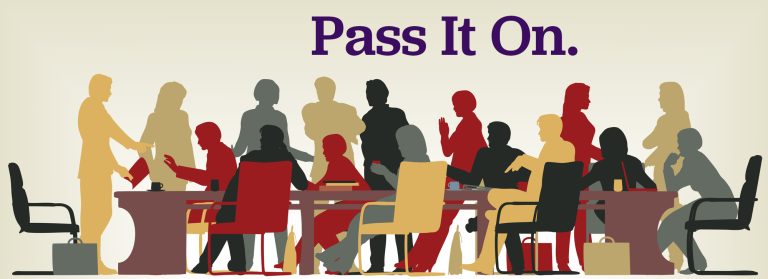Debriefing to Harness Power and Control
By Colle Davis, Executive Coach
“Clarity is the most powerful tool there is for change.” – Phyllis Davis

When my children were young, they were never yelled at or punished for their unacceptable behavior, even after becoming adults. Instead, we debriefed their behavior and the impact it created for them.
My question to them was, “What did you learn?”

- First, I made sure they were safe. The length of time before asking the question depended on me finding out about the incident, its relative gravity, and its impact on them and others.
- The question was most effective when only a short time had elapsed, a few minutes to a few hours, depending on the severity or the safety issues involved.
I did not realize that I was using the same question with everything I was doing, including working with my clients. The odd part was my not being aware of what I was doing until recently.
With the wisdom of hindsight and lots of years of making my own mistakes, I suddenly realized what I have been doing on a conscious level was self-debriefing. It had become a habit that I’m unaware of now because it has become a part of my unconscious competence. I was debriefing several times a day since it worked so well, and I didn’t need to think about the breakdown, only the outcome and the knowledge. The power and learning gained from debriefing impacted everything. It also keeps me humble and growing.

For those who want the answers in a hurry, here is a five-step process:
- Examine the areas of your life that are not producing your intended outcomes.
- Before any energy goes into changing yourself or engaging in a different behavior, stop and think.
- Ask yourself, “What did I learn from my efforts that didn’t work as expected?” Answer that question before moving forward. Use a moment to reflect on the learning and see if applying your newfound wisdom reduces the probability of repeating your unproductive behavior. The savings in energy cost is worth the few seconds of pondering
- Jot down a few insights about what you learned. It is not a requirement, but again, the value comes from the pause, debriefing, acknowledgment, acceptance, and then moving past the lesson
- Once you have established debriefing as routine, it changes how you approach each task. At the beginning of the job, you know that you will have to explain the outcome of your experience to yourself. It is not an easy task until it becomes part of who you are in life.

Feel free to use this lesson with your family, coworkers, fellow congregants, bosses, reports, neighbors, and enemies. However, exercise caution in teaching this process to others because your results will be part of your learning process.
- What did you learn from reading this article?
- How will that knowledge help you going forward if you learn from it?
- Who else can benefit from this information? Pass it on.

Coach Colle Davis
Contact Colle Davis at cd****@*****ch.com or 804 467-1536 EDT for a complimentary 30-minute session to discuss more tips and tricks.
